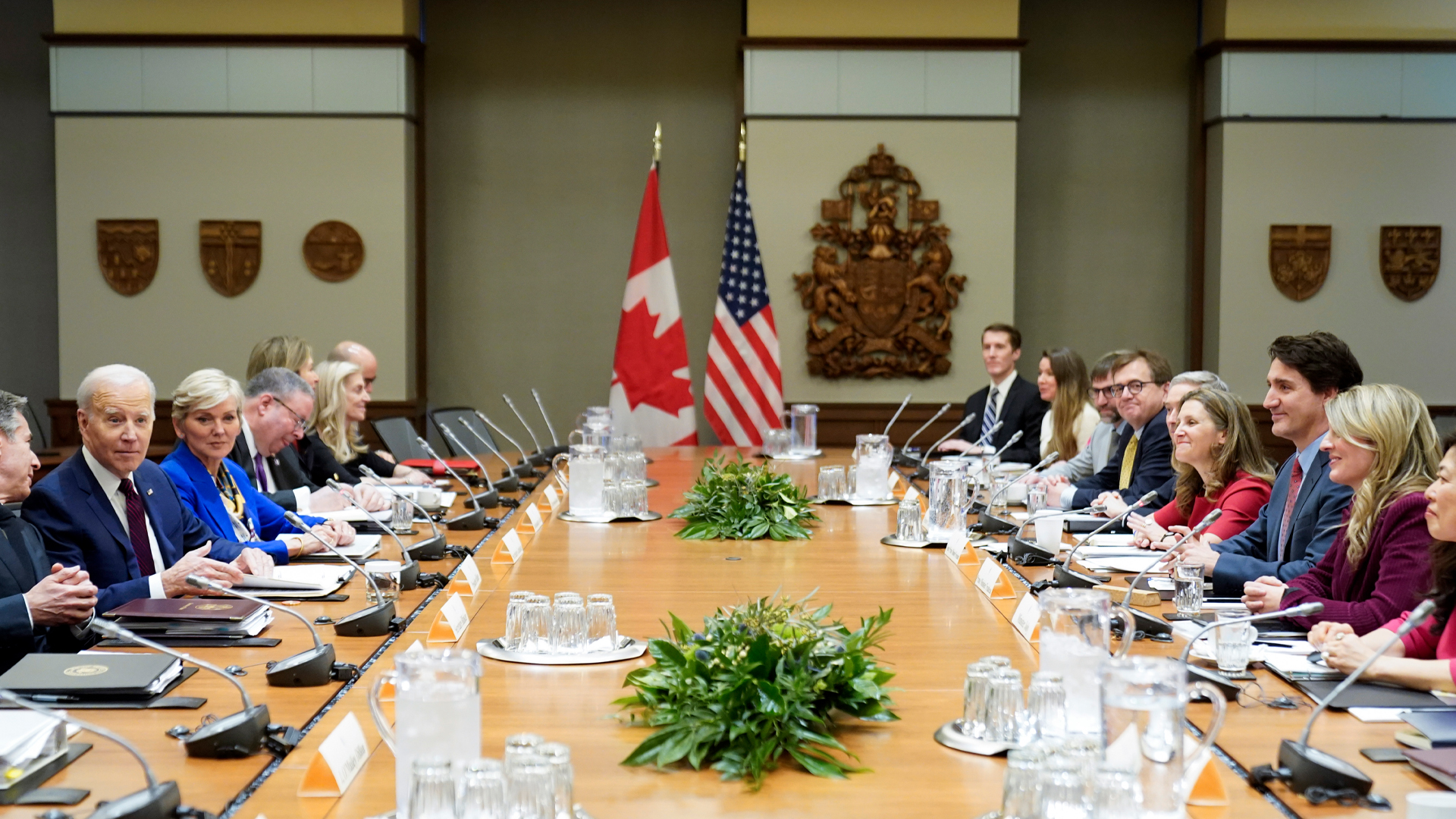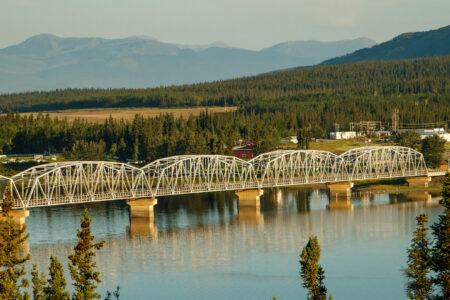
As the post-Cold-War international order has given way to something new, practitioners and pundits alike are asking what it all means for their respective countries. One of the questions they have been particularly interested in is how the shifting international order will affect their national interests.
To some extent the answer will be “the same as it ever was” – security, freedom and prosperity. But how we think about the interests of nations is being undeniably impacted by changes in the balance of power, the advent (or return?) of states aligning with several great power patrons, intensifying great power competition, economic and geopolitical regionalization, and the ongoing crisis of the liberal, rules-based order.
Canada is not immune to this historical dynamic. The old certitudes – a special relationship with the United States, the ability to operate as a middle power punching above its weight in multilateral forums, the rise of a seemingly benevolent China – are certain no more, and the question of how to define Canada’s national interests in the emerging international order is very much alive.
In a free and open society like Canada, it’s inevitable – and healthy – to have debates over what constitutes a national interest. There is broad agreement, however, that certain interests are fundamental. It’s widely agreed that a basic Canadian interest is to minimize threats to Canada’s sovereignty and to maximize the security of North America. There’s also no denying that Canada’s national security is tightly bound to the United States and that it has an interest in co-operating with the U.S.
[wd_hustle id=”20″ type=”embedded”/]
Canada also wants to see stable balances of power maintained in four regions of the world: Europe, the Indo-Pacific, the Middle East, and the Arctic. Stability creates a space within which a free, open and rules-based regional economic order can flourish. Given Canada’s historic economic ties to Europe and expanding economic ties to the Indo-Pacific, it has an interest in seeing such regional orders perpetuated. Stable regional balances of power preclude emergence of revisionist hegemonic states that might use their power to curtail Canada’s commercial ties to those regions – or potentially mobilize their resources to mount a military threat.
Canada’s interest in the Middle East is not so much because of trade ties but because it is a major source of oil and gas for Europe and the Indo-Pacific. Any hostile power to emerge in the Middle East would be in a position to endanger energy flows to those regions (and others), disrupting their economies in ways that would indirectly hurt Canada.
Finally, Canada has a core national interest in maintaining a stable balance of power in the Arctic, a region of growing economic importance to the country, but one where a hostile power could potentially directly threaten Canada’s (and America’s) sovereignty and security.
Canada only has marginal economic interest in sub-Saharan Africa and Latin America, even as it has negotiated free-trade and foreign investment promotion agreements with a number of Latin American partners. Unlike the Indo-Pacific, the Middle East and the Arctic, there are no actively revisionist powers threatening to become dominant states in either region.
Canada’s core national interests also include preventing the norms, rules and institutions of global governance from being transformed in ways that undermine Canadian security, independence, prosperity and freedom. This is not to suggest that upholding the existing rules-based international order is a core Canadian interest. That order is naturally evolving as the global balance of power shifts and regionalization becomes the order of the day.
But as that transformation takes place, Canada has an interest in preventing changes incompatible with its core economic and security interests. Ottawa has, in other words, an interest in maintaining a stable balance of power within the institutional space of global governance. And that will necessarily involve Canada adopting a very different role than that of “helpful fixer,” which it played in particular during the era of the U.S. as sole superpower. This new role will be more modest and more defensive.
Nor is acting like, or being recognized as, a middle power a core national interest. Middle power diplomacy – and even assuming the co-operative leadership mantle of “middlepowermanship” – has arguably been an instrumental means to an end over the past seven decades, but at times Canadian policymakers have treated this means as if it were an end in itself; that is, as a national interest.
Canada needs to talk softly and carry a big stick
Canada’s national security institutions have fallen woefully behind
Was President Biden’s Ottawa visit good for U.S.-Canada relations?
This is flawed in that it confuses ends and means. Middle power diplomacy may have been a useful foreign policy tool in the past. It may even have played an important role in the construction of Canadian national identity – surely a Canadian national interest. But it was always a tool, a historically contingent means of advancing national interests, rather than a timeless interest in and of itself. And its time has come and gone.
None of this is to suggest that Canada can do much to advance and defend its interests around the world. While it may have some residual role to play in Europe, it will never have a major impact on the balance of power there. And despite all the posturing, it will similarly never play much of a balancing role in the Indo-Pacific.
What, then, is to be done? How should Canada allocate always-scarce resources to advance and defend its national interests?
First, it should recognize that where it cannot make a material difference to a regional balance of power, it should allow authentically regional actors to take up the burden. This effectively means minimizing its military and even diplomatic efforts in Europe, the Indo-Pacific, the Middle East, and certain multilateral forums. Second, Canada should contribute significantly to North American defence and maintain a stable balance in the Arctic.
It remains to be seen if Canada’s leaders can confront these realities and act accordingly.
This article is part of a series on the future of Canadian foreign policy.
Also in the series:
- Walter Kemp on the need for a policy review
- Louise Blais on how Canadian foreign policy has gone wrong
- Zachary Paikin on middle power status and a new northward direction
- Jeremy Paltiel on a new Indo-Pacific strategy
- Caroline Brouillette on climate change and foreign policy









